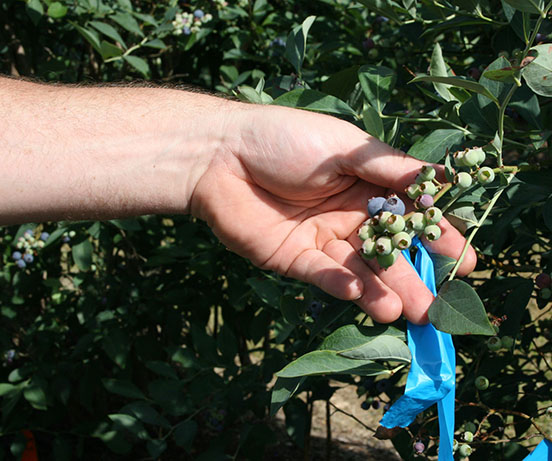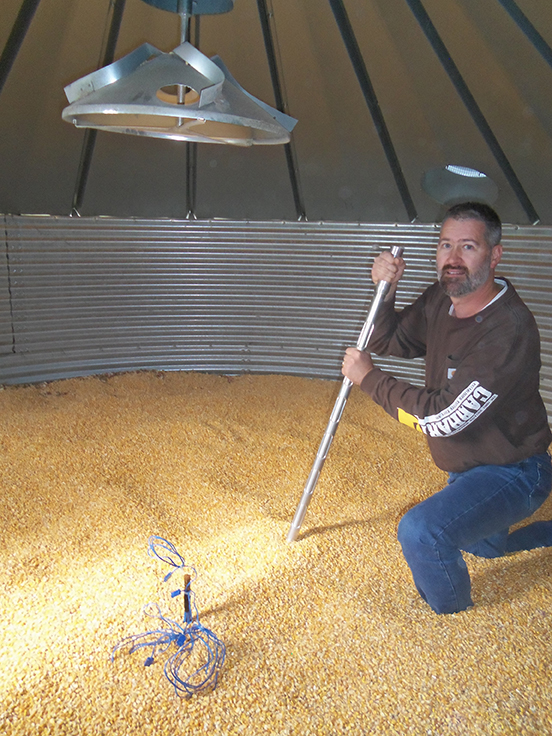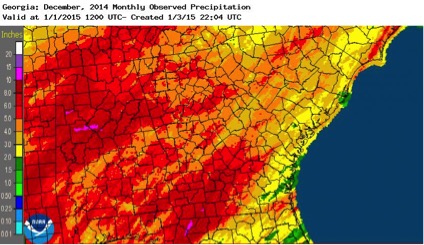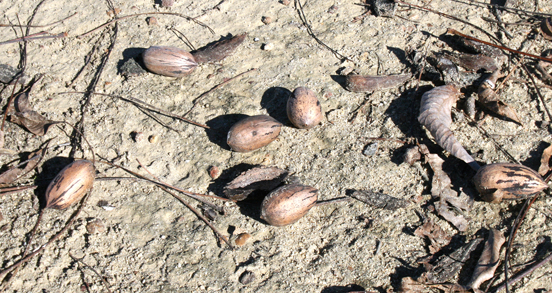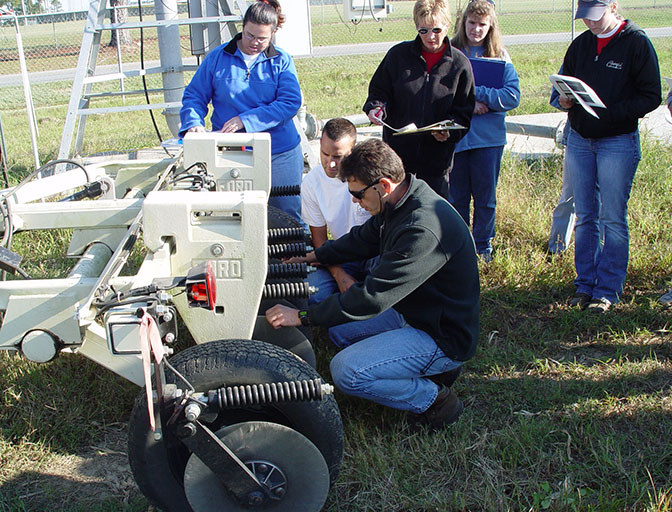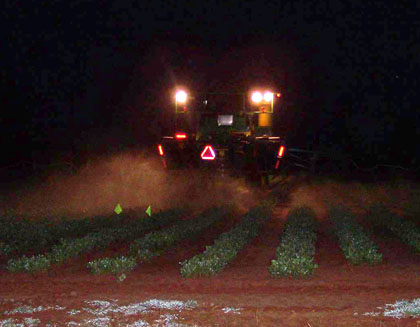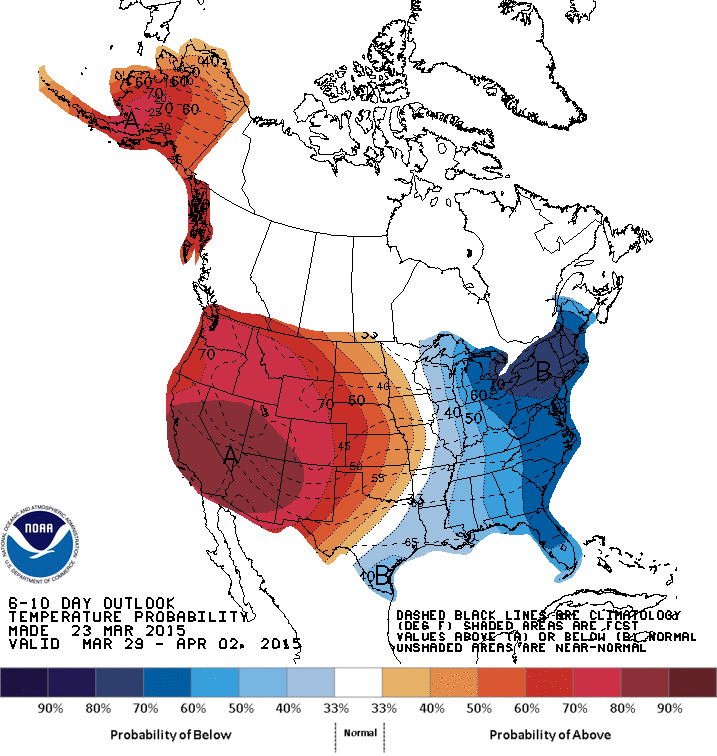 CAES News
CAES News
Late Frost
Even though we’re past the average date for last frost in parts of the Southeast, it is still possible for a cold blast to move through the area. By following the provided tips from UGA Extension, gardeners and homeowners can prepare their vulnerable plants for the worst.

